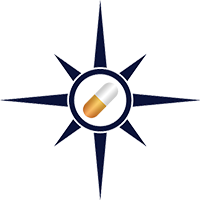



API Suppliers

US DMFs Filed

CEP/COS Certifications

JDMFs Filed
Other Certificates
Other Suppliers

USA (Orange Book)

Europe

Canada

Australia

South Africa
Uploaded Dossiers
U.S. Medicaid
Annual Reports






Impressions: 54752
https://www.pharmacompass.com/radio-compass-blog/top-drugs-and-pharmaceutical-companies-of-2019-by-revenues
Impressions: 2473
https://www.pharmacompass.com/radio-compass-blog/pharma-deals-investments-and-m-as-in-march-2018
Impressions: 2485
https://www.pharmacompass.com/radio-compass-blog/fda-announces-generic-drug-user-fees-for-fy18-gilead-acquires-kite-for-us-12-billion
Impressions: 2757
https://www.pharmacompass.com/radio-compass-blog/gsk-google-form-first-bioelectronics-firm-11-generic-companies-benefit-from-the-teva-allergan-deal
Impressions: 4077
https://www.pharmacompass.com/radio-compass-blog/will-data-integrity-concerns-on-clinical-trials-done-at-gvk-biosciences-go-beyond-europe
Impressions: 4753
https://www.pharmacompass.com/radio-compass-blog/teva-and-otsuka-s-multi-billion-dollar-plan-when-blockbusters-turn-generic-deuterium-chemistry


